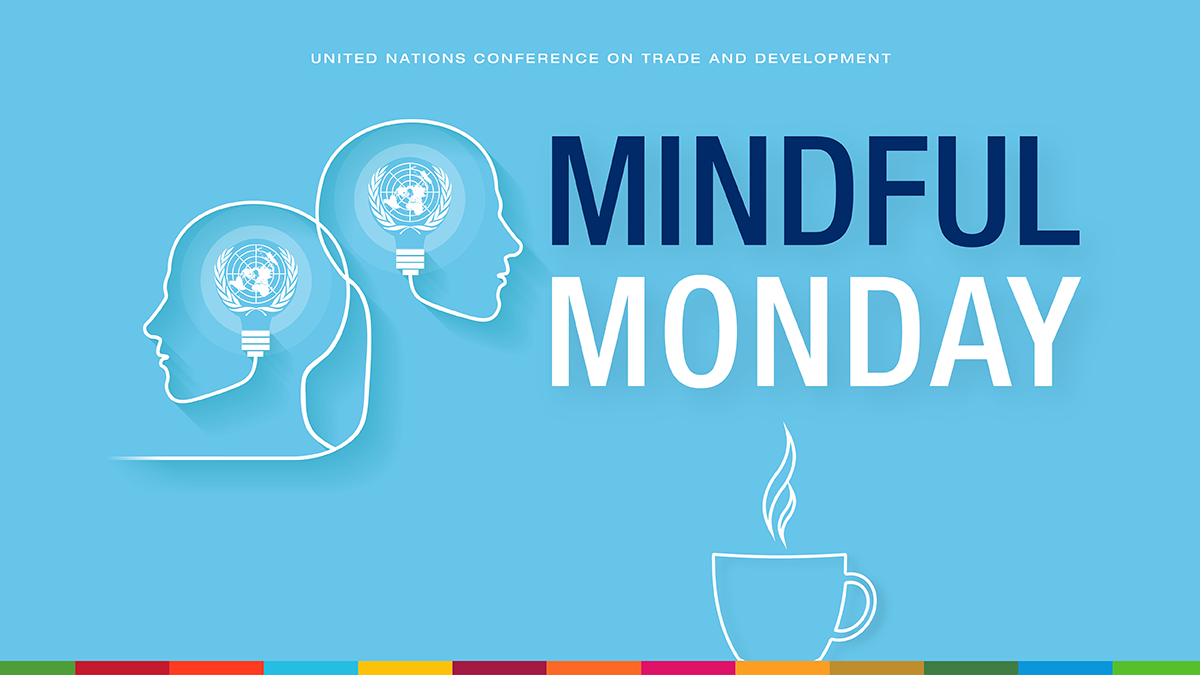By Isabelle Durant, Acting Secretary-General of UNCTAD

New UNCTAD report on International Women’s Day
A new UNCTAD report, released today, 8 March, gives us hope, as it shows that gender equality practices of multinational enterprises at both their headquarters and foreign affiliates are having a positive impact in national and local enterprises in developing countries.
The report shows that in Bangladesh’s textile and garment industry, downstream business partners of multinationals have 50% more female administrative employees than other local enterprises. In addition, domestic firms that share suppliers with multinationals hire more women. As we can see, the presence of multinationals positively impacts the gender equality practices of national enterprises. The study also highlights evidence from Brazil showing that labour mobility – from a multinational to a local industry – in the transportation and communications industry helped reduce the wage gap between men and women by about one-fifth.
This new report is based on case studies from five countries in Africa, Asia and Latin America. It is the first study to present empirical evidence of indirect impacts – those on local firms and local labour markets. UNCTAD has in the past documented the direct impact of equality practices or the positive effects in the subsidiaries of large corporations. It goes a step further and shows that national and local companies are also positively impacted. In addition to the direct impacts on their female employees, multinationals can influence the wider host economy by transferring best-practice policies towards female employees. This is the novelty of this study – explaining and researching spillover effects of gender norms to the host economy. However, the report also cautions that these positive outcomes are not automatic: ensuring the inclusion of women’s talents, skills, experience and energy requires the concerted actions of the business sector, policymakers and civil society.
The adoption by multinationals of explicit non-discrimination policies guaranteeing equality in hiring practices, wages and promotion opportunities within their affiliate networks sets an example for others. Promoting equal access to training, providing maternity leave without fear of repercussions and avoiding unfair dismissals are all good and necessary examples of how to translate our global goals into action on the ground.
For more information, contact Isabelle Valentiny, Chief of Staff, a.i. : isabelle.valentiny@un.org


